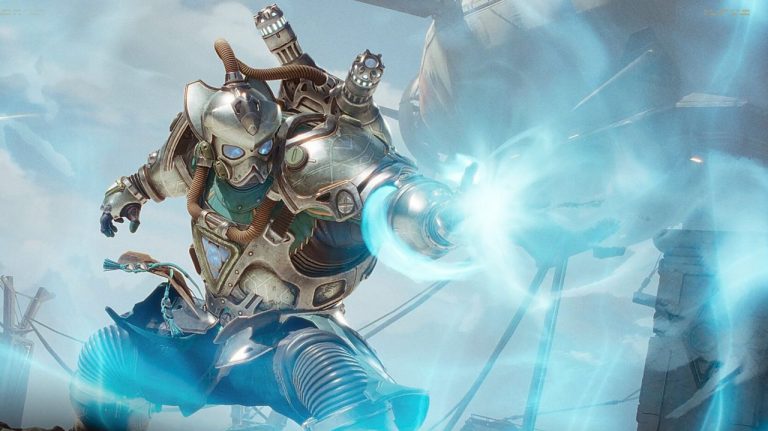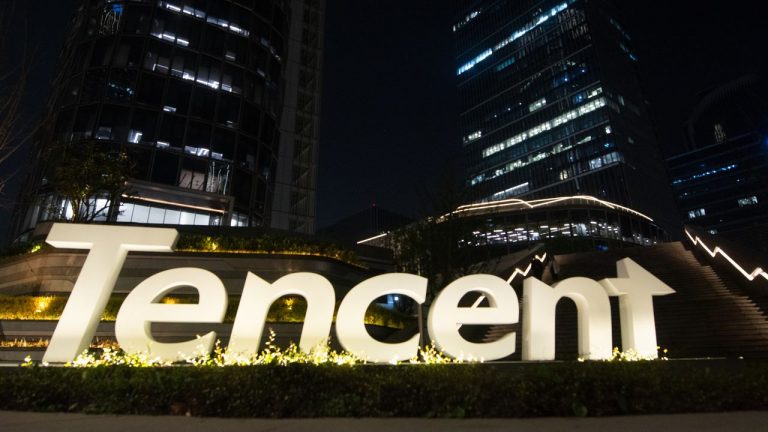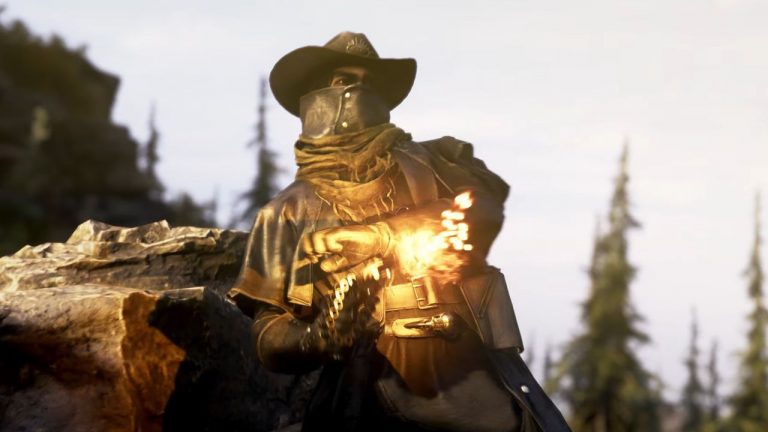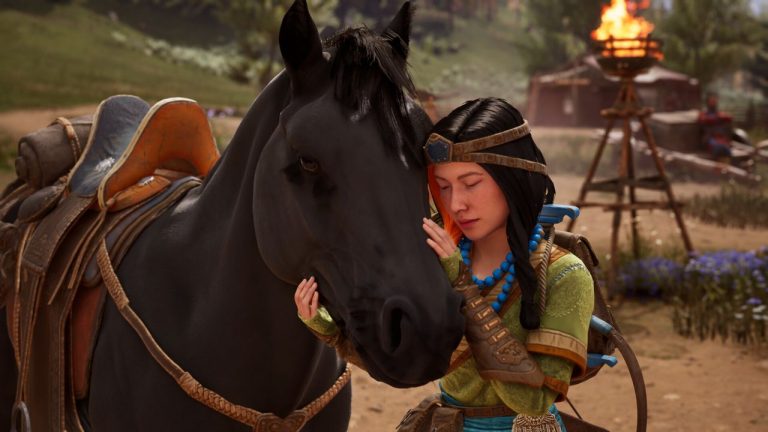Look, we’ve all missed a few big opportunities in our lives. Hindsight is 20-20, etc. That being said, Intel do seem to have made more than few boo-boos in the “long term vision” stakes over the past decade or so, and financially one of the biggest might have been spurning OpenAI.
According to Reuters, four sources have revealed that, over several months in 2017 and 2018, executives at Intel discussed various options for working with OpenAI, including buying a 15% stake in the company for $1 billion.
Two of the sources also said that discussions included Intel potentially taking an additional 15% stake in OpenAI if it provided hardware for the company at cost.
Sources told Reuters that, at the time, then-CEO Bob Swan didn’t think generative AI models would make it to the market in the near future, and so the investment wouldn’t pay off—at least in the time frame Intel desired.
Given that OpenAI’s market value is reportedly now around $80 billion dollars, that investment would now be worth around $12 billion, not to mention putting Intel right at the forefront of generative AI development.
OpenAI was said to be interested in an investment in order to reduce reliance on Nvidia’s chips and build infrastructure of its own. Looks like this potential deal hasn’t worked out the way either company may have hoped—as while Intel could have been early investing in one of the AI companies that has benefitted most from the current AI boom, OpenAI is still trying to raise outside investment to design and manufacture its own AI acceleration hardware.
So, a real opportunity for both missed there. And while OpenAI has become something of a darling of AI investment and one of the most talked about businesses in recent times, according to some reports things aren’t looking particularly rosy for the company of late.
It’s claimed that OpenAI is currently burning through $700,000 per day to run ChatGPT, with this staggering sum attributed to the cost of Nvidia’s AI servers. Had Intel provided the investment necessary for OpenAI to develop hardware of its own, who knows if things would have turned out differently.
(Image credit: Future)
Best CPU for gaming: The top chips from Intel and AMD.
Best gaming motherboard: The right boards.
Best graphics card: Your perfect pixel-pusher awaits.
Best SSD for gaming: Get into the game ahead of the rest.
Still, AI generation is one thing. At least Intel didn’t do something really silly, like turning down the opportunity to make chips for the iPhone. Oh. Another opportunity missed there then.
I know, hindsight, and so on. But it seems like Intel’s management has struggled to make the right calls in the past decade. In fact, current Intel CEO Pat Gelsinger seemed to agree, although since his tenure the ship does not seem to have turned around in the way he may have hoped. CPU crashing issues, mass-layoffs, cancelled shareholder dividend payments and production woes have all befallen Intel of late, and it’s difficult not to think that it’s is currently at its lowest point in years.
What was once a seemingly undefeatable giant of the tech industry really does seem to be in trouble. Poor long-term planning, missed opportunities, and bad calls. Intel might still be a behemoth of tech, but it does make you wonder how many wrong decisions it can make before it finds itself completely beached on rocky shores.












